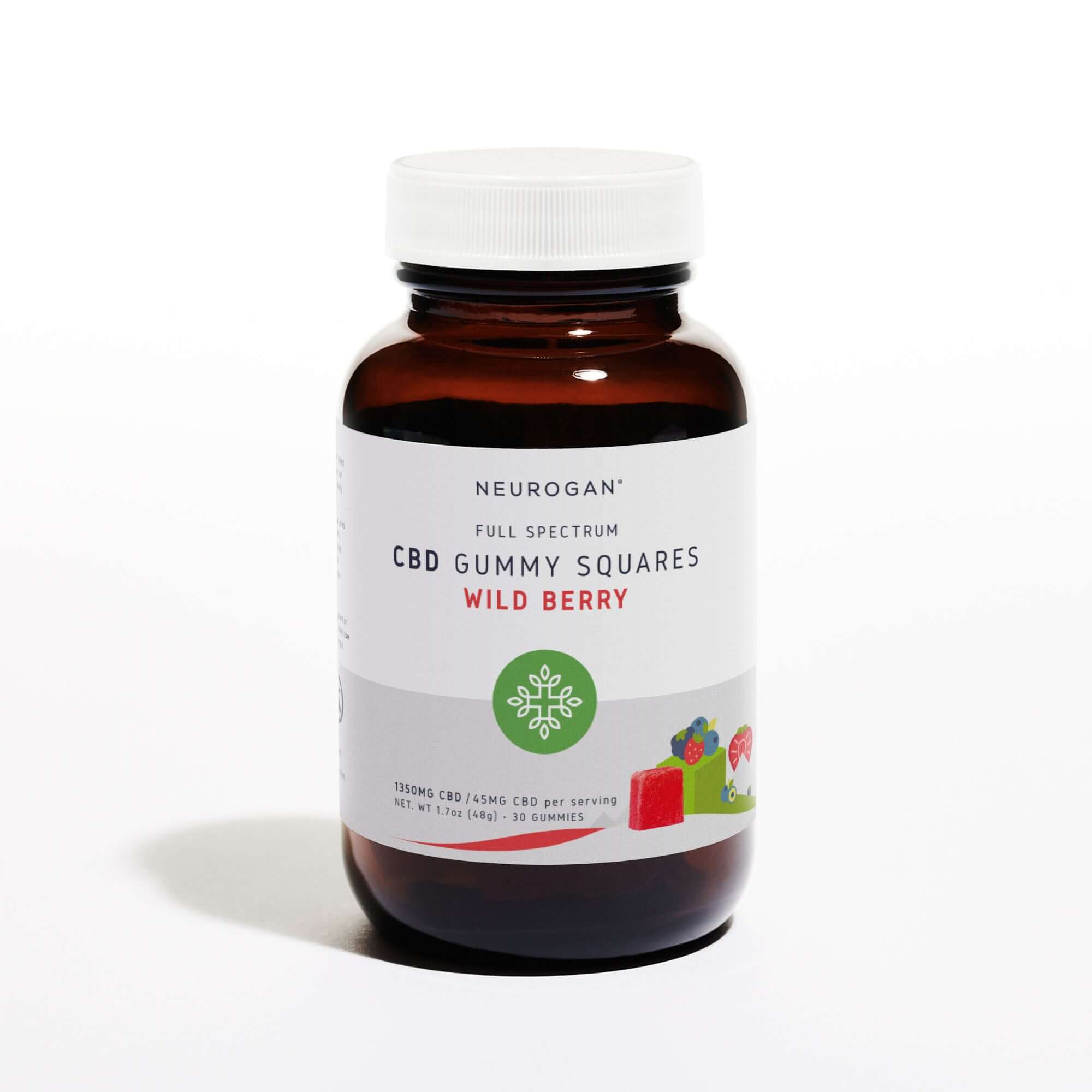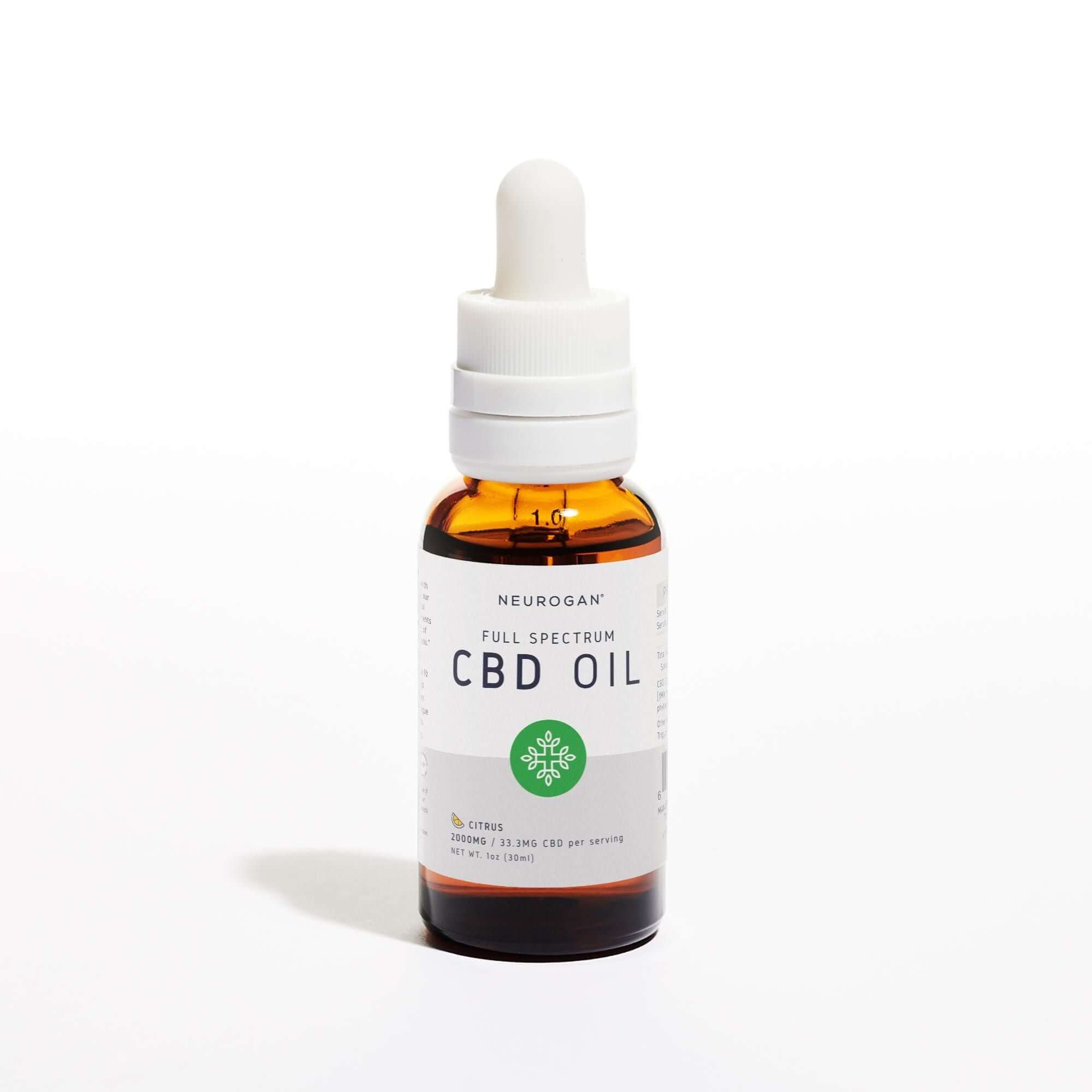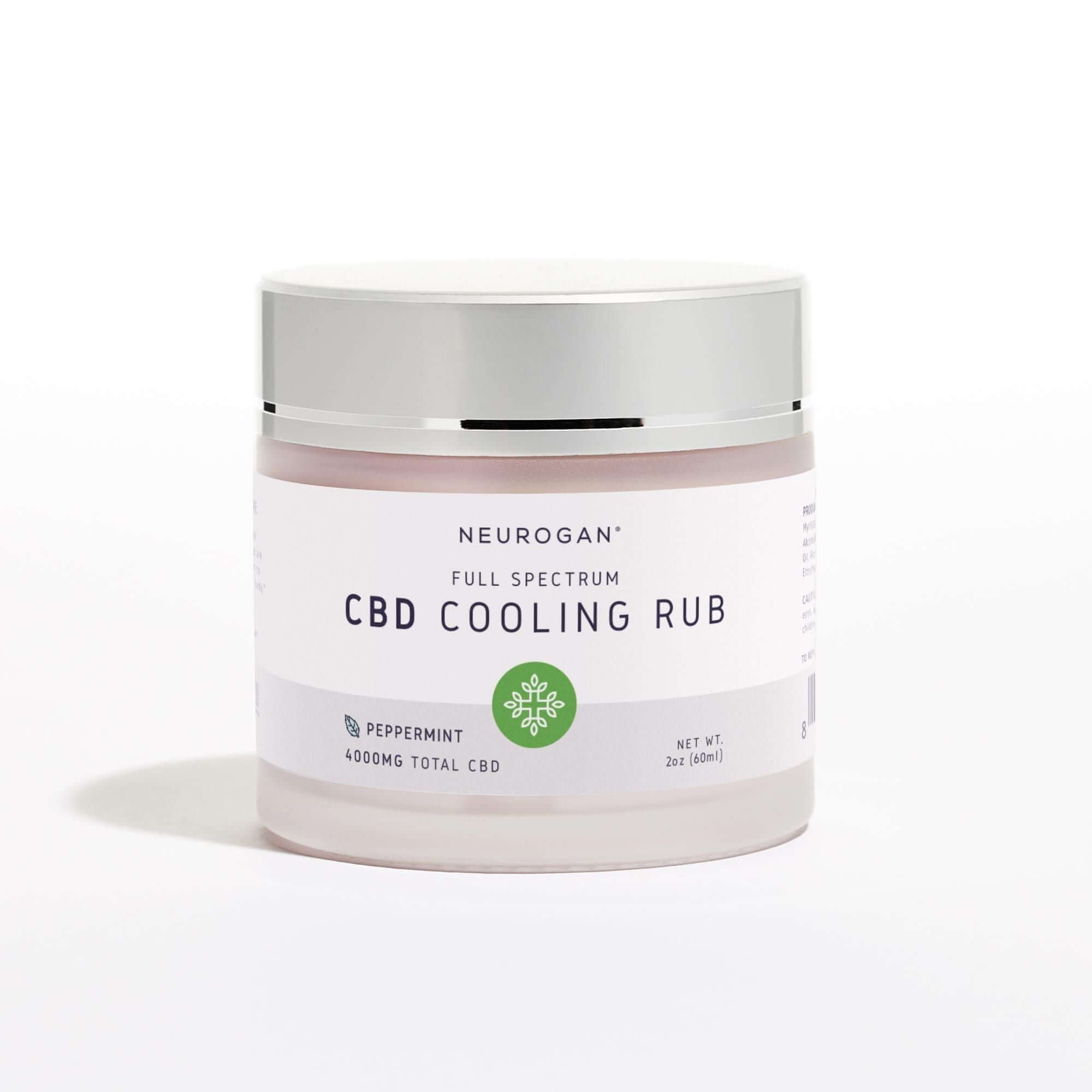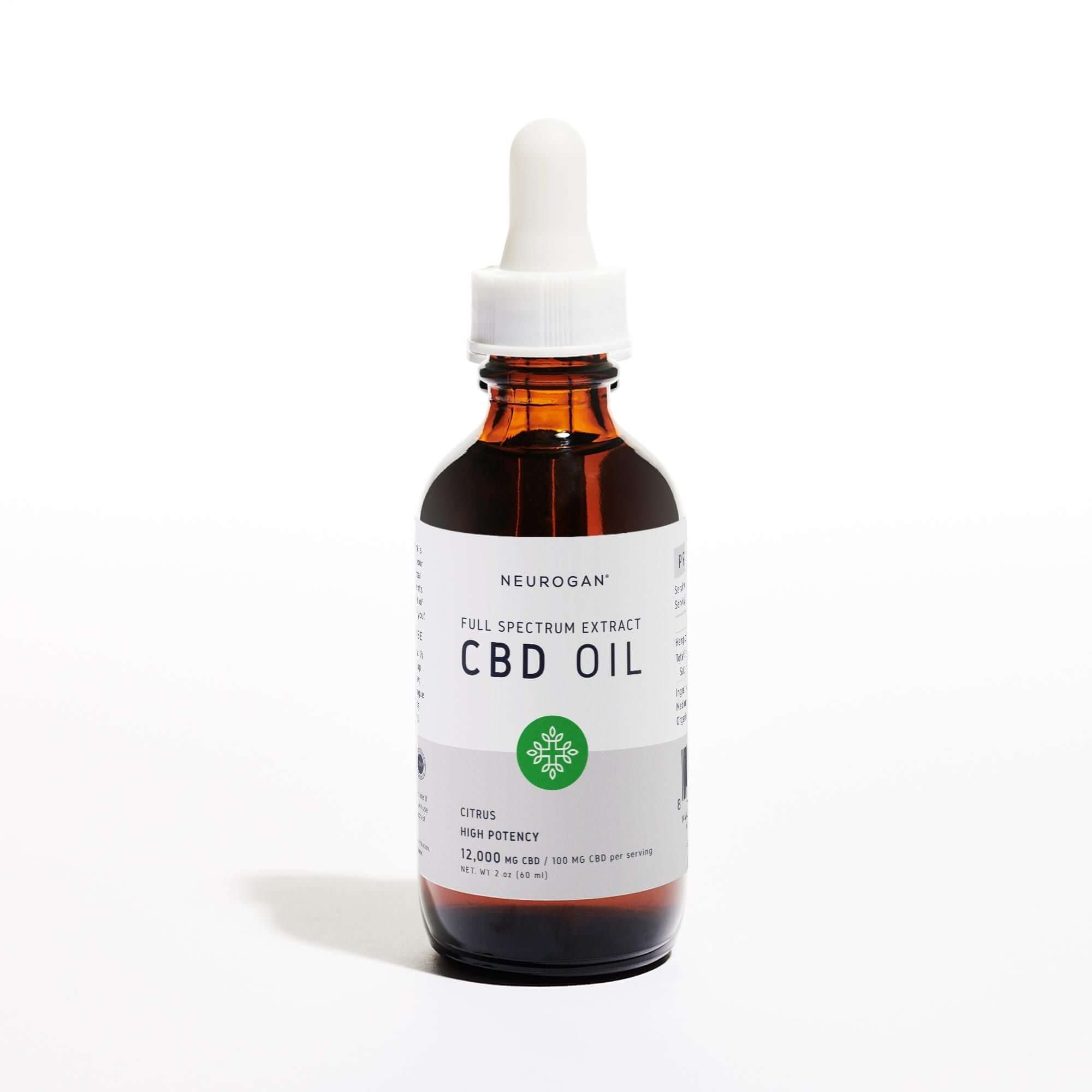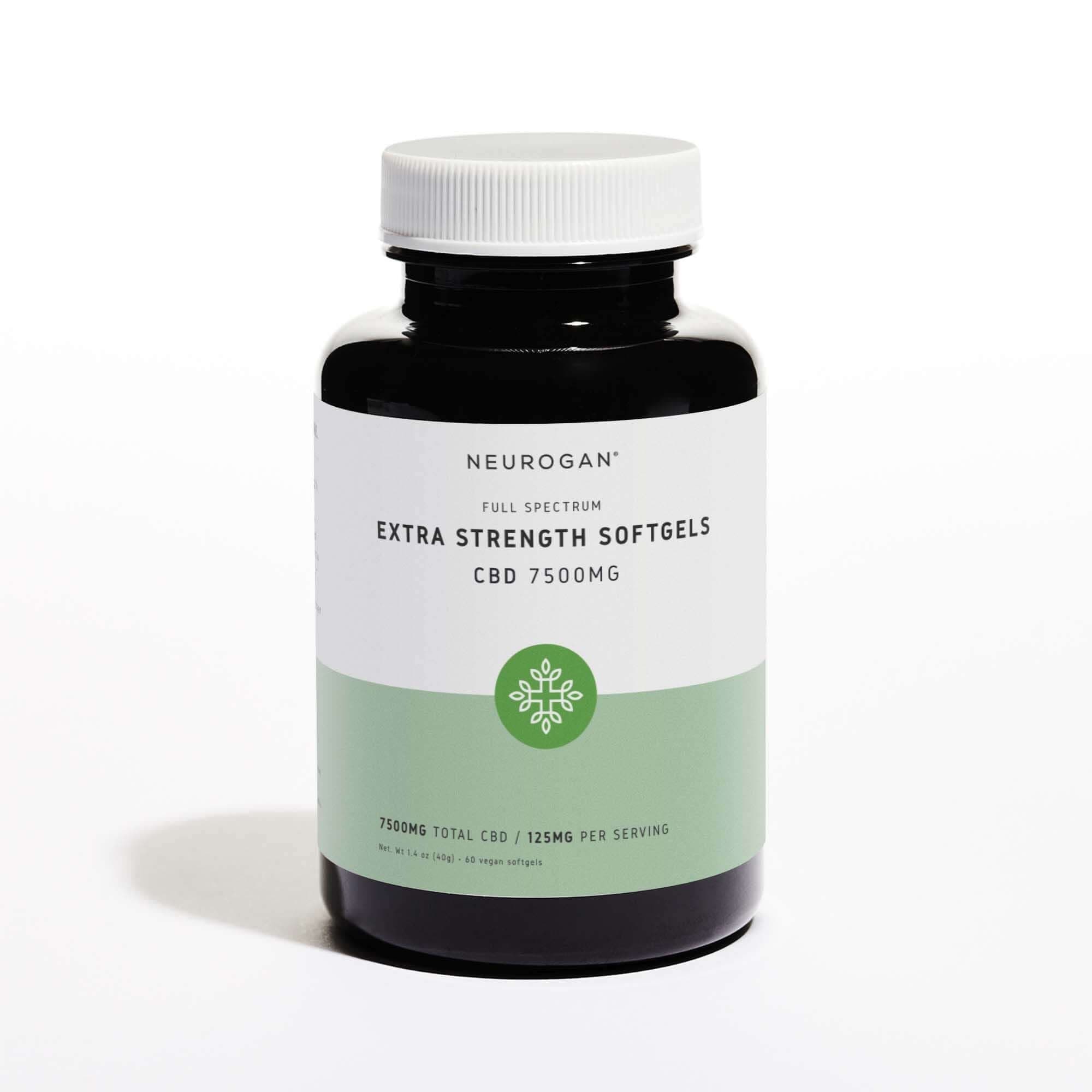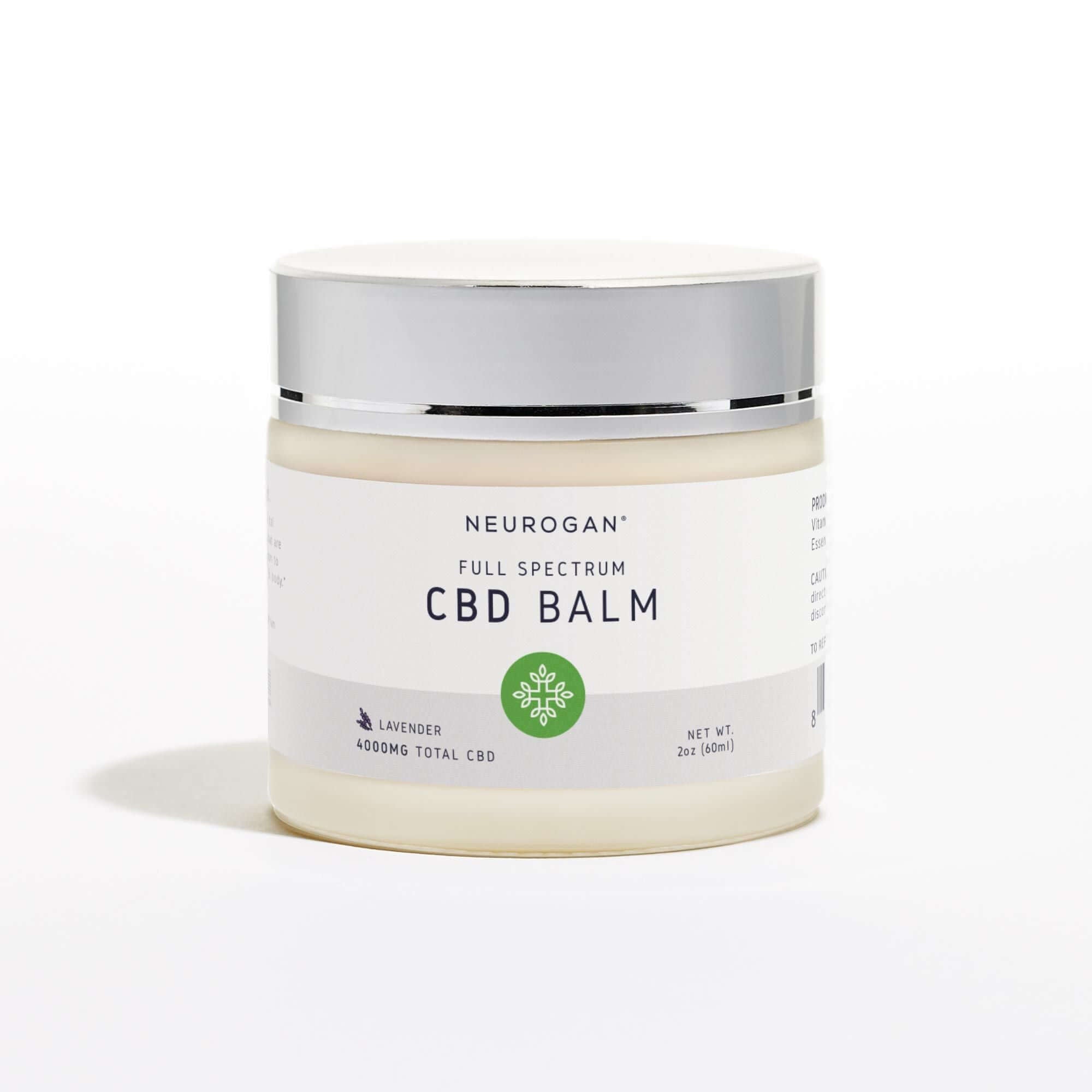Cannabinol, or CBN, is a minor cannabinoid found in concentrations of less than 1% in mature cannabis plants. It's naturally synthesized as tetrahydrocannabinol (THC) — the main psychoactive cannabinoid — undergoes oxidation and UV exposure.
Until recently, there wasn't too much known about CBN benefits because most of the cannabis research was centered around the two main cannabinoids, cannabidiol (CBD) and THC.
With public interest in natural wellness and the popularity of CBD products, many people are looking at what else the cannabis plant has to offer.
In this article, we'll take a closer look at the specific CBN cannabinoid benefits and how many people are using the cannabinoid to support their wellness goals.
Key Takeaways:
-
CBN stands for cannabinol, and it's a minor cannabinoid found most abundantly in aged cannabis plants. It's formed as the THC molecule degrades from UV exposure and oxidation.
-
It's considered a mildly psychoactive cannabinoid, but only in extremely high doses, so most CBN products on the market are nonpsychoactive.
-
The reported benefits of CBN products include sleep-inducing effects, relaxation, pain relief, and stress support. However, more research is needed to fully understand its effects.
-
You can take CBN products the same way you would take CBD products, and the doses seem to be the same (25–50 mg). Cannabinoids can work differently in individuals, so you can expect to experiment with doses and timing until you find a routine that works best for you.
What Is Cannabinol (CBN)?
Cannabinol (CBN) is naturally synthesized as tetrahydrocannabinol (THC) breaks down. As a result, CBN is found in higher concentrations in mature cannabis flowers that have had more exposure to oxidation and UV rays. This also means that aged cannabis flowers have higher quantities of CBN than fresh ones.
Like most cannabinoids, CBN is non-toxic. However, CBN acts on CB1 receptors in the body's endocannabinoid system, which means it is mildly psychoactive (has intoxicating effects). But the psychoactive CBN effects are only noticeable in very high doses.
Quick Facts About The CBN Cannabinoid
-
Cannabinol was the first ever cannabinoid to be isolated from the cannabis plant in 1984. It was mistakenly believed to be the compound responsible for the psychoactive effects of marijuana.
-
As a byproduct of the THC cannabinoid, CBN is mildly psychoactive — but only in extremely high doses.
-
The main CBN benefits it's known for are relaxation and improved sleep quality, but other potential benefits include inflammatory support and relief from chronic pain.
5 CBN Cannabinoid Benefits
The cannabis plant (hemp and marijuana) was considered a controlled substance in the United States in the 1970s, which made it difficult for researchers to study the plant's medical properties.
However, with the legalization of hemp and its derivatives with the 2018 Farm Bill, there was been increasing public support for medical cannabis research that's now extending past the two main cannabinoids, CBD and THC.
While we'll highlight some of the potential CBN cannabinoid benefits, it's important to underscore that many of these medical cannabis studies are relatively new and not as extensive as ones conducted on other cannabinoids.
1. CBN Benefits For Sleep Quality
CBN is best known as the "sleepy cannabinoid" cannabinoid. Sleep research conducted on mice found that CBN increased sleep duration as a powerful sedative [1].
However, CBN's sleep-inducing effects are widely disputed.
Some studies observed that CBN has no effect on sleep quality, even suggesting that it may interfere with the sedative effects of high THC doses [2].
However, there's no denying the many successful personal accounts of people using CBN products as sleep aids, which likely have to do with CBD's effects on supporting full body relaxation, relief from chronic pain, and uplifting effects on mood, which can help people fall asleep and stay sound asleep throughout the night.
2. CBN Benefits For Appetite
Animal studies have found that CBN has potential medical benefits for appetite stimulation, making it a promising compound for conditions that cause loss of appetite [3].
This research is in its early stages, but CBN is suggested to work similarly in the endocannabinoid system as THC, which is notorious for inducing the munchies.
3. CBN Benefits For Healthy Inflammation
CBN, like many other cannabinoids, is suggested to have anti-inflammatory effects, which is useful in instances of chronic inflammation that can contribute to a range of health problems, including cardiovascular disease, arthritis, and other age-related conditions.
In an animal model study, CBN given to mice protected them against contracting collagen-based arthritis (fibrosis) [4].
4. CBN Benefits For Eye Health
There's limited research on this, but there are some studies that suggest CBN, like THC, has some potential benefits forwards eye health, specifically in reducing intraocular pressure (IOP) in glaucoma patients, which is a major risk factor for optic nerve damage and vision loss [5].
5. CBN Benefits Against Harmful Microorganisms
Cannabinoids like THC, CBD, and CBN have been suggested to have antibacterial properties, although the mechanism for these effects isn't fully understood.
One study found that CBN may target the bacterial cell membrane, disrupting its integrity and ability to grow. In vitro research observed that several methicillin-resistant staphylococcus aurei (MRSA) strains were successfully inhibited with CBN [6].
While these medical marijuana and hemp studies show a lot of promise, more human research is needed to fully understand CBN cannabinoids' potential benefits and long-term safety.
So if you're interested in the benefits of CBN for personal wellness goals, especially with an underlying health condition, it's recommended you consult with a qualified health provider and not just take the advice of some blog post you found online.
How To Consume Cannabinol (CBN)
CBN products are becoming increasingly popular as more scientific research comes out about their potential benefits.
The most common forms of CBN you'll find on the market are CBN oils, gummies and tablets.
Just like CBD, CBN is extracted from the hemp plant and made into a hemp extract which is then used as an active ingredient, which means you would take CBN products the same way you would consume CBD products.
And it seems like to leverage the benefits of CBN, you want to dose similarly to CBD, which is anywhere between 25–50 mg. But just like with CBD, CBN can affect individuals differently, so it's important that you start with lower doses and work your way up to ensure that the cannabinoids interact with your endocannabinoid system positively.
Just like with CBD, many people find that CBN's benefits are best observed when taken in a full spectrum or THC-free broad spectrum extract over a CBN isolate.
This is because different cannabinoids and terpenes present in hemp help amplify and even balance some of the effects of the main cannabinoid for more robust effects on the endocannabinoid system through the entourage effect.
The Takeaway: CBN Benefits & Future Of CBN
CBN, or cannabinol, is a naturally occurring cannabinoid that comes from the degradation of the THC molecule.
As it turns out, CBN is a minor cannabinoid that has some exciting health benefits that can make it a wonderful addition to many people's wellness routines. Many people turn to CBN products for pain relief, sleep support, and stress.
And while the research on CBN is still fairly new, the scientific community recognizes its potential, and we can expect to see more studies emerge as people's interest in cannabis and natural wellness products continue to grow.
It's important that you find CBN that's high quality, made from organically grown hemp plants and enriched with other cannabinoids and terpenes for the entourage effect to leverage the most from your CBN benefits.
Cannabinoids can interact differently for everyone, so it's important that you integrate CBN slowly into your routine and reach out to your professional healthcare provider for more information about certain health conditions.
FAQ's: CBN Cannabinol Benefits:
1. What are the benefits of CBN?
CBN potentially aids sleep with its sedative properties and could help manage pain and inflammation through potential analgesic and anti-inflammatory effects.
2. What does CBN do to the body?
Cannabinol (CBN) interacts with the endocannabinoid system, potentially inducing sedation and promoting relaxation. Research also suggests that it may have mild analgesic and anti-inflammatory effects.
3. Is CBN good for anxiety?
CBN (cannabinol) shows potential for anxiety relief, but more research is needed to establish its effectiveness and safety as a standalone treatment.
4. Can I use CBN gummies for sleep?
Yes, CBN (cannabinol) gummies are considered by some for potential sleep benefits due to its potential sedative effects. Note that results may vary, and individual tolerance and dosage are contributing factors.
Resources:
-
Yamamoto, I., Watanabe, K., Matsunaga, T., Kimura, T., Funahashi, T., & Yoshimura, H. (2003). Pharmacology and toxicology of major constituents of marijuana—on the metabolic activation of cannabinoids and its mechanism. Journal of Toxicology: Toxin Reviews, 22(4), 577-589.
-
Domino, E. F. (1976). Effects of Δ 9-Tetrahydrocannabinol and Cannabinol on Rat Brain Acetylcholine. In Marihuana: Chemistry, Biochemistry, and Cellular Effects (pp. 407-413). Springer Berlin Heidelberg.
-
Farrimond, J. A., Whalley, B. J., & Williams, C. M. (2012). Cannabinol and cannabidiol exert opposing effects on rat feeding patterns. Psychopharmacology, 223, 117-129.
-
Zurier, R. B., & Burstein, S. H. (2016). Cannabinoids, inflammation, and fibrosis. The FASEB Journal, 30(11), 3682-3689.
-
Kogan, N. M., & Mechoulam, R. (2022). Cannabinoids in health and disease. Dialogues in clinical neuroscience.
-
Appendino, G., Gibbons, S., Giana, A., Pagani, A., Grassi, G., Stavri, M., ... & Rahman, M. M. (2008). Antibacterial cannabinoids from Cannabis sativa: a structure− activity study. Journal of natural products, 71(8), 1427-1430.









